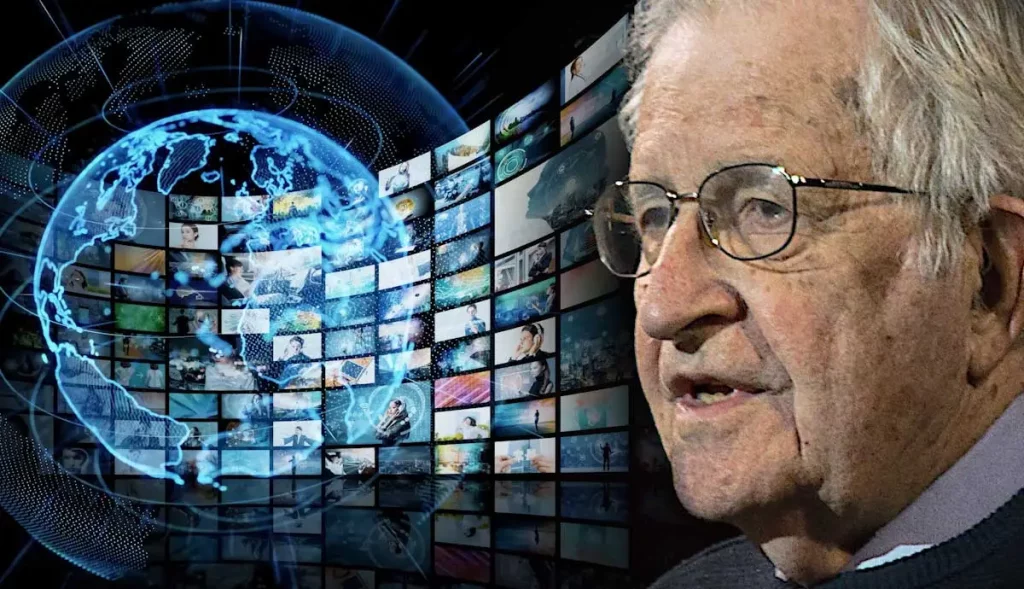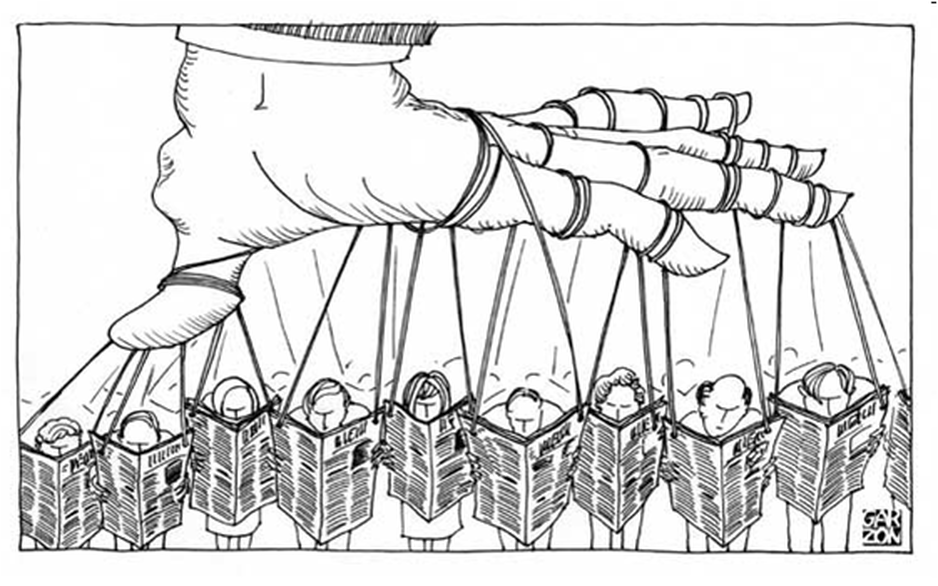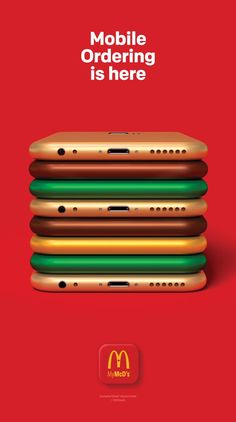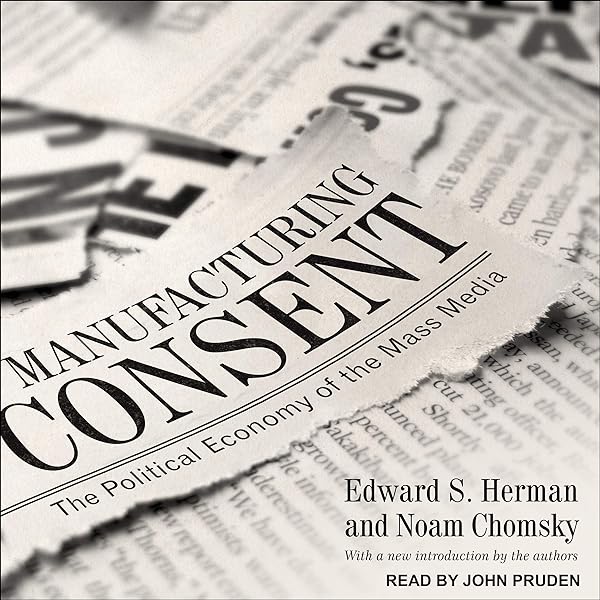The phrase “manufacturing consent” is from a book. Noam Chomsky co-authored ŃĆŖManufacturing ConsentŃĆŗ with media scholar Edward S. Herman.

“Why is the scope of debate permitted by the mass media often so limited, even where it is considered democratic and free of expression? Indeed, despite the fact that there are no formal restrictions on the flow of information, why is the average person so poorly informed?” These are the questions raised by Noam Chomsky and Edward S. Herman in Manufacturing consent.
First of all, Chomsky puts forward his own understanding and interpretation of “manufactured consent” and the relationship between media and power structure in the book. Importantly, he explains and highlights how the media is controlled and influenced by power structures in several ways. In these ways, it changes public perceptions, values, and consciousness.
Chomsky points out: 1. Mainstream media are usually controlled by large corporations. Commercialization has made the media heavily dependent on advertising and financial support. In such cases, the media may prefer to report content that serves the interests of big business rather than presenting the facts objectively and comprehensively. 2. Political forces also exert considerable control over the media. Governments or authorities can influence media coverage by censoring, suppressing, threatening, or offering special benefits. 3. In addition, the “media focus theory” suggests that the media tends to selectively cover certain issues or events while ignoring other equally important content. This selective reporting can be influenced by media owners, government interests, or advertisers.

Second, he emphasized the control of the media and power structures over the flow of information. Such control may lead to public misunderstanding or limitation of the facts. In this context, civic engagement and critical thinking become important means to counter the influence of “consensue-making.” Chomsky believes that citizens should take an active part in social and political affairs so that they can have a more comprehensive understanding of various viewpoints and information sources. In this way, reliance on a single source of information can be reduced and a more comprehensive and diversified view can be formed. Chomsky also stressed the need for people to be critical and not blindly accept the messages sent by the media. People look more deeply at media coverage, political messaging, and the rhetoric of power structures to identify potential bias, misdirection, or narrow views.

At the same time, Chomsky wrote another book with Edward Herman- Manufacturing consent: The Political Economy of the Mass Media. The ideas presented in the book are about the five major filters, which is an idea associated with manufacturing consent.
Manufacturing consent can be found in all fields, and people can find its trace. For example, manufacturing consent appears in advertisements. Advertising is a means to create consent, through advertising strategies and techniques to influence people’s ideas, attitudes and behaviors, so that they voluntarily accept a certain brand of products.
For example, in advertising, consent is usually created by using emotional and emotional touches to resonate with the audience, making people more receptive to the message or brand concept conveyed in the advertisement. Moreover, these advertisements often selectively present information and highlight the characteristics of the product in order to influence the audience’s view of the product.
Reference
Chomsky, N. (2018) Noam Chomsky: The Five filters of the mass media, Public Reading Rooms. Available at: https://prruk.org/noam-chomsky-the-five-filters-of-the-mass-media-machine/ .
Manufacturing consent: Noam Chomsky on Politics & Media (2023) TheCollector. Available at: https://www.thecollector.com/manufacturing-consent-noam-chomsky/ .
Oswald, J. (2021) Philosophy and work (4) can you manufacture consent in a company?, Medium. Available at: https://medium.com/@guehenno/philosophy-and-work-4-can-you-manufacture-consent-in-a-company-1e0fc216cabe.


The beginning gives top priority to the origin of the term “manufacturing consent,” attracting readers’ curiosity. In the subsequent explanation, there is a clever expansion on the issues raised by Noam and Edward in the book, emphasizing that the media is controlled and influenced by power structures in various ways. Simultaneously, the following content is analyzed around Noam’s thoughts, providing readers with more room for understanding. In the example given, using people’s perception of advertising, it highlights that advertising often uses emotions to resonate with message receivers, thereby influencing the audience’s perception of the product. Overall, the article is concise and clear, articulating the meaning of manufacturing consent very effectively.
What you have written has been very enjoyable for me and has given me a much better understanding of the concept of manufacturing consent and citing the intent of the adverts, using real-world examples to clearly demonstrate this. Do you know how the media being controlled by large corporations manifests itself today?
It was a very interesting blog to read and very informative about Chomsky’s ideologies. If the mainstream is controlled by these large corporations doesn’t this mean that they are in control of the world?